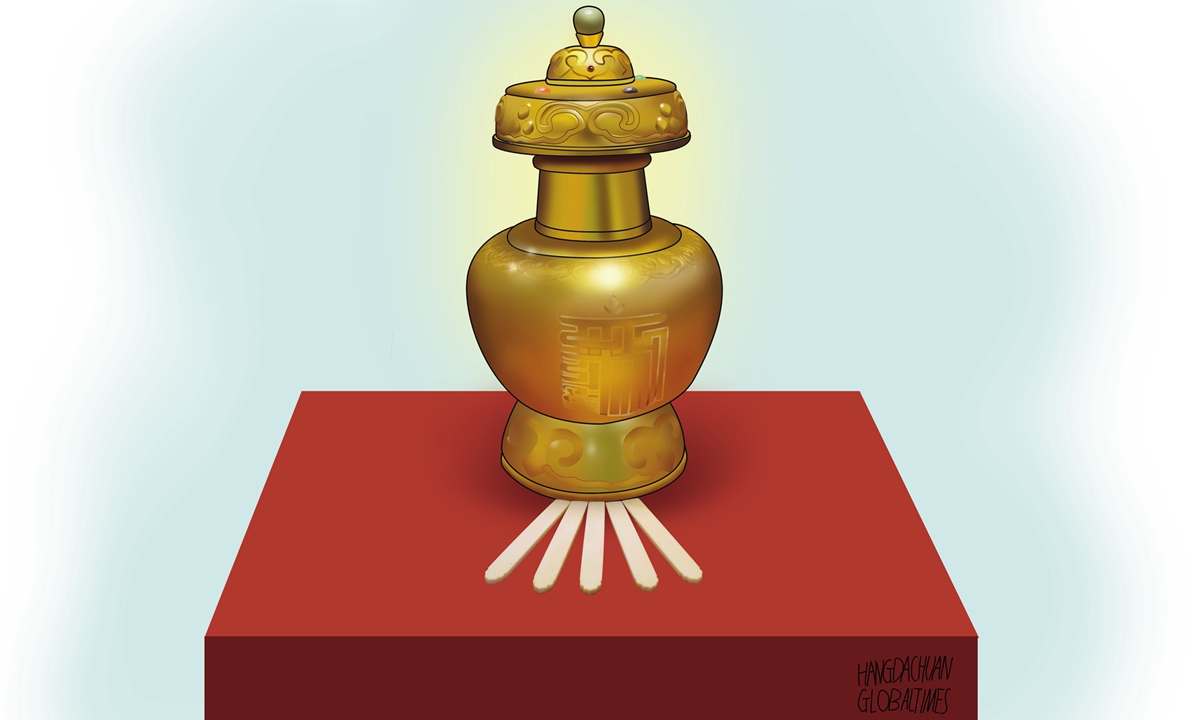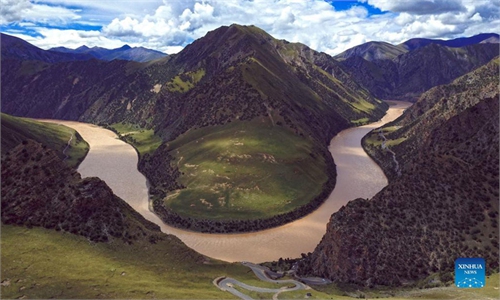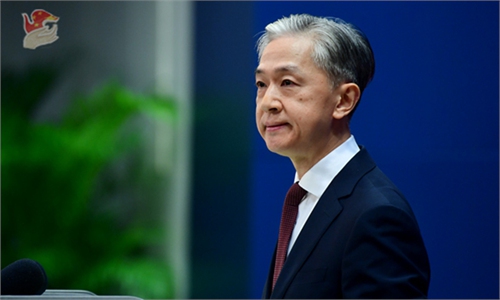ARTS / CULTURE & LEISURE
Recognition of new Dalai Lama must be conducted in China

Illustration: Hang Dachuan/Global Times
The just finished TV series Tashilhunpo on China Central Television gave a detailed account of the search for the reincarnations of the Dalai Lama and Panchen Lama, who hold equal positions in Tibetan Buddhism. It emphasized that this religious ritual has been supervised by the Chinese central government and conducted within Chinese territory since the late 13th century.However, a few days ago, an organization in Japan "warned China not to interfere in Tibetan religious matters, including the selection of high Tibetan lamas." This totally exposes its ignorance of history and China's religious policy.
According to the TV series, the reincarnation convention of Living Buddhas in Xizang was established during the Yuan Dynasty (1271-1368), developed in the Ming Dynasty (1368-1644) and improved during the Qing Dynasty (1644-1911) under the administration of the central government.
In 1653, when the 5th Dalai Lama came to Beijing, the Emperor Shunzhi officially conferred the title of Dalai Lama on him. This marked the first time that the title of Dalai Lama was granted by the central government. In 1713, the Emperor Kangxi also sent an imperial commissioner to officially confer the title of Panchen Erdeni to the 5th Panchen Lama at the Tashilhunpo Monastery, the residence of the Panchen Lama in Xigatze, Xizang Autonomous Region. Since then, it has a historical convention that the reincarnations of both the Dalai Lama and Panchen Lama must be approved by the central government, providing it with legitimacy.
In 1793, in order to strengthen governance over the local government of Xizang, the Qing government promulgated the Imperially Approved Ordinance for Better Governance of Xizang, clearly stipulating that Xizang's personnel, finance, religion, military, and especially its external relations must be supervised by its Grand Minister Resident. In addition, reincarnations of Living Buddhas must be carried out through the procedure of drawing lots from a golden urn. Whether it was during the Qing Dynasty or the Republic of China (1912-45) era, the system never changed. Since Xizang's peaceful liberation in 1951, the central government of the People's Republic of China showed its respect by preserving this convention and religious ritual. In 1995, the 11th Panchen Lama was conferred with his title by the central government through this strict religious ritual.
In 2007, the Measures on the Management of the Reincarnation of Living Buddhas of Tibetan Buddhism were formulated. It stipulated that the reincarnation of Living Buddhas should not be interfered with or manipulated by any external forces.
Therefore, no matter which influential Living Buddha he is, his reincarnation must follow this convention.
China is the birthplace of Tibetan Buddhism and the Living Buddhas are Chinese. So the reincarnation of the Dalai Lama must be carried out within Chinese territory. Furthermore, any religious affairs are part of China's domestic affairs, so it must be done in accordance with Chinese law.
Just as the 11th Panchen Lama said, "The reincarnation system of Tibetan Buddhism not only serves the religion, but also serves society, so it must be in line with the needs of social progress."



